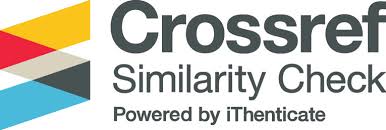EFISIENSI BELANJA KESEHATAN DI INDONESIA: PENDEKATAN TWO-STAGE NETWORK DEA
DOI:
https://doi.org/10.33827/akurasi2019.vol1.iss2.art50Keywords:
Efficiency, Health Expenditure, Data Envelopment AnalysisAbstract
This paper attempts to measure the efficiency of provinces in Indonesia in utilizing public resources for health where only 5% of the total amount of state and local budget is spent for health. With such budget constraints, it is important to examine the efficiency of spending in health services as small changes can have a major impact in achieving human development target. Efficiency is defined as the deviaton from frontier which represents the maximum output attainable from each input level. This efficiency frontier was estimated using the two-stage data envelopment analysis that created relative efficiency for every province as Decision Making Unit. With 2016 data, we used accumulation of state and local government expenditure for health services per capita as input variable; physicians per 100,000 population, hospital beds per 100,000 population, percentage of assisted deliveries in healthcare facilities, and percentage of complete basic immunization on infants as output intermediate variable; and life expectancy and prevalence of stunting as outcome variable. Analysis of efficiency scores shows that most provinces are inefficient. This research is expected to contribute in the budget allocation among Indonesian provinces.







